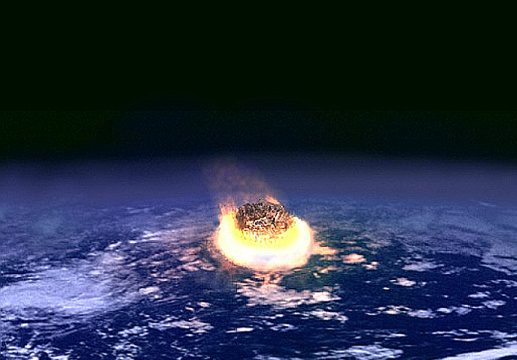
(Wikimedia Commons public domain image)
***
New today on the website of the Interpreter Foundation:
Book of Moses Essays #49: Let Us Make Man in Our Image, After Our Likeness (Moses 2-26)
***
If you love music and you haven’t seen Lamb of God, please try to attend a screening of it:
You can certainly consider horrors like Lamb of God (along with Handel’s Messiah and Bach’s St. Matthew Passion) illustrations of the baneful effects of theism in our otherwise wonderful world. But it’s Easter weekend, and so there are many who are feeling especially needy right now, desperate for strengthening examples of the evils of religion. I feel their need. I feel their pain. And, so, I offer two or three additional items from the Christopher Hitchens Memorial “How Religion Poisons Everything” File© that, I hope, will help some folks to get through this difficult weekend:
And there is some excellent material — that is, of course, some truly appalling material — regarding the evils of faith and religion in this video presentation from the Church of Jesus Christ of Latter-day Saints:
April 2021 Edition of The World Report
Can you help? Yes, you can:
***
I see no particularly good reason for us to avoid the cross as a symbol of Christian faith. It seems a case of overreaction:
“Q&A: Why Latter-day Saints seem to avoid the symbol of the cross”
***
***
And, now, I offer some science news, beginning with astronomy and then coming down to earth:
“NASA Confirmation: Earth is Safe From Asteroid for 100 Years”
I hope they’re right. I have restaurant reservations for the evening of 30 March 2121.
Indeed, if it’s there, why has nobody seen it? Isn’t science a matter of tangible evidence and certainties? If Planet Nine hasn’t been seen, the rational response (at least, according to one of my readers, an ardent atheist) is to deny that it exists.
***
***
Receiving the vaccine is an easy way of serving our brothers and sisters:
***
Finally, here are a couple of passages that I marked during a recent reading of Bruce Greyson, After: A Doctor Explores What Near-Death Experiences Reveal about Life and Beyond (New York: St. Martin’s Essentials, 2021). Dr. Greyson is Professor Emeritus of Psychiatry and Neurobehavioral Sciences at the University of Virginia School of Medicine. Prior to joining the faculty at Virginia, he taught at the medical schools of the University of Michigan and the University of Connecticut, and he is a Distinguished Life Fellow of the American Psychiatric Association:
Astrophysicist Neil deGrasse Tyson makes the distinction between personal truth, which may be convincing to you as an individual but which you can’t necessarily prove to anyone else, and objective truth. “Objective truth,” Tyson says, “is the kind of truth science discovers. And it’s the kind of truth that is true whether or not you believe in it. It exists outside of your culture, your religion, your political affiliation.”
As I look deeper and deeper into near-death experiences, it seems to me that the research findings on NDEs meet Tyson’s criteria for the kind of truth that science discovers. People from different cultures and different religions have NDEs, whether or not they believe in them. Some of the experiencers I’ve quoted in this book describe things that contradict their cultural and religious beliefs. Some were atheists who didn’t believe in a higher power or in anything after death — but who can’t deny their experience of somehow being conscious when their bodies were declared dead. It seems clear to me that the study of near-death experiences can be a rigorous, empirical, observational science. (92)
On the surface, it may seem ridiculous to question whether someone’s experience “really” happened. Philosopher Abraham Kaplan tells a story about a man who goes to a distant land and returns claiming that he has seen a strange and wondrous beast: a camel. This animal is able — so he says — to travel for days across the hottest desert without water! The scholars in his hometown are astonished and puzzled. They tell him, “We don’t know whether or not such an animal can possibly exist, but we’ll hold a meeting to decide whether or not, given what we know of biology, such an animal could be real. The traveler then replies, “Could be real? But I tell you, I saw it!” (93)










